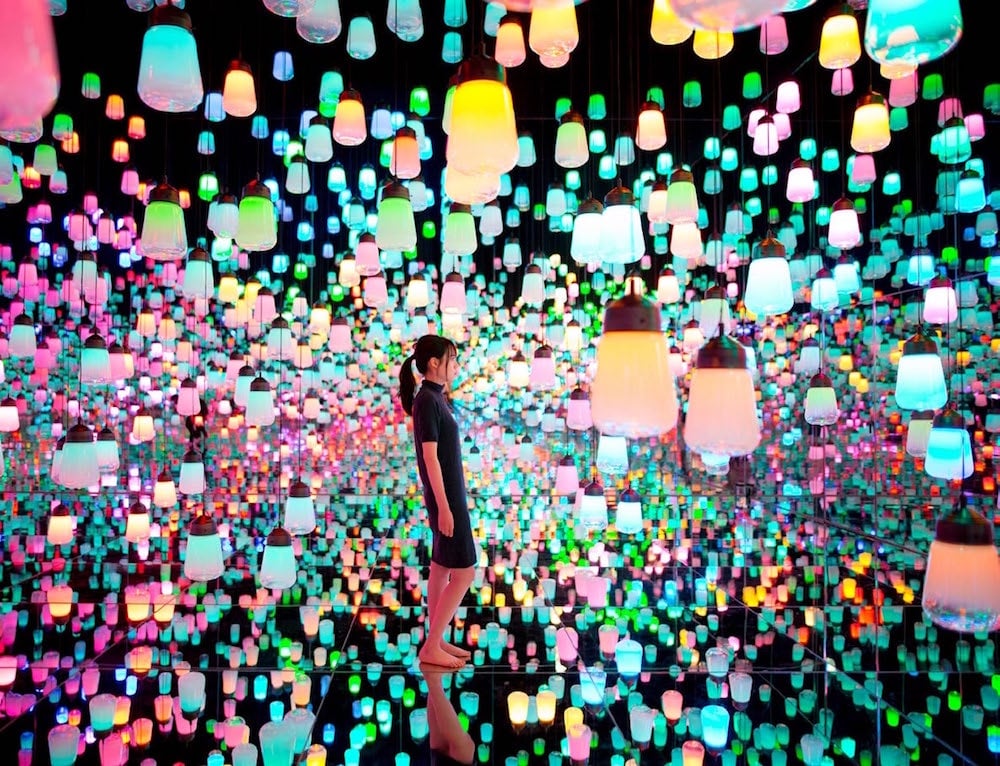
A total of $7.9 billion was spent on new cultural buildings in 2019—about the same as the $8 billion spent in 2018—according to AEA Consulting, which has released the results of its annual Cultural Infrastructure Index.
In addition, another $4.8 billion of investment in 101 forthcoming building projects was announced, which is down from the $8.7 billion planned for 122 projects in 2018. In terms of investment, the value of completed projects in 2019 is the same as the previous year, but the value of announced projects was nearly half. The index focuses on cultural projects with a budget of $10 million or more.
Maison de l’Economie Créative et de la Culture, Bordeaux, France. © Laurian Ghinitoiu.
Even before the lockdown hit, AEA Consulting predicted that spending and projects had reached their peak last year. The latest figures for 2019 represent a slowdown in the growth of the number of completed projects seen each year since 2016, as well as the fourth consecutive drop in the number of announced projects, which hit a peak of 135 in 2016.
The lasting effects that lockdown will have on the design of arts buildings remain unclear, as will the changing social expectations of public spaces, AEA writes in the report.
“Projects currently on the drawing board will be reexamined and tested rigorously against new expectations,” AEA reports. As public health “redefines how we gather physically, many existing arts spaces will end up adapted for new patterns of use.”
National Maritime Museum of China, Tianjin, China – Courtesy of Terrance Zhang
Here are some of the key findings of the 2019 report:
- “The median budget for completed projects is $32 million, down slightly from $34.5 million in 2018. The median budget for announced projects is $30 million, down 21 percent from $38 million in 2018.”
- “Geographically, North America and Asia had busy years—led by the US and China—while infrastructure development in Europe and other territories has slowed. Together, North America and Asia accounted for 67 percent of completed projects by volume and 74 percent by value, both showing positive growth in completed projects every year since the Index was first published in 2016. In all other regions the total volume and value of completed and announced projects decreased this year, including a 50 percent drop in the number of projects announced in Europe (from 34 to 17) and an 80 percent drop in Australia/New Zealand (from 15 to three).”
The Shed. Photo: ajay_suresh. Creative Commons license.
- In the pre-pandemic age of pop-ups and immersive entertainment initiatives, it may come as a slight surprise that museums “remained the most dominant building type in the index in 2019 with 94 completed projects—a new high and a 24 percent jump from 2018. It constituted 63 percent of total projects and $5.4 billion of investment. The volume and value for all other types of completed projects fell, albeit slightly: performing arts centers from 36 (2018) to 34 (2019); multifunction venues from 22 (2018) to 17 (2019); and cultural hubs/districts from 14 (2018) to 4 (2019).”
- “The top three highest value completed projects in 2019 were: The Shed ($475 million) and the Museum of Modern Art ($450 million), both in New York, and both designed by architects Diller Scofidio + Renfro (joined by the Rockwell Group for The Shed); and Jean Nouvel’s National Museum of Qatar in Doha ($434 million). The top three announced projects were Longfu Temple Cultural Complex in Beijing, China ($1.4 billion); The Arts and Culture Center of South Carolina in Greenville, US ($300 million); and Cannes International Film Museum in France ($227 million).”